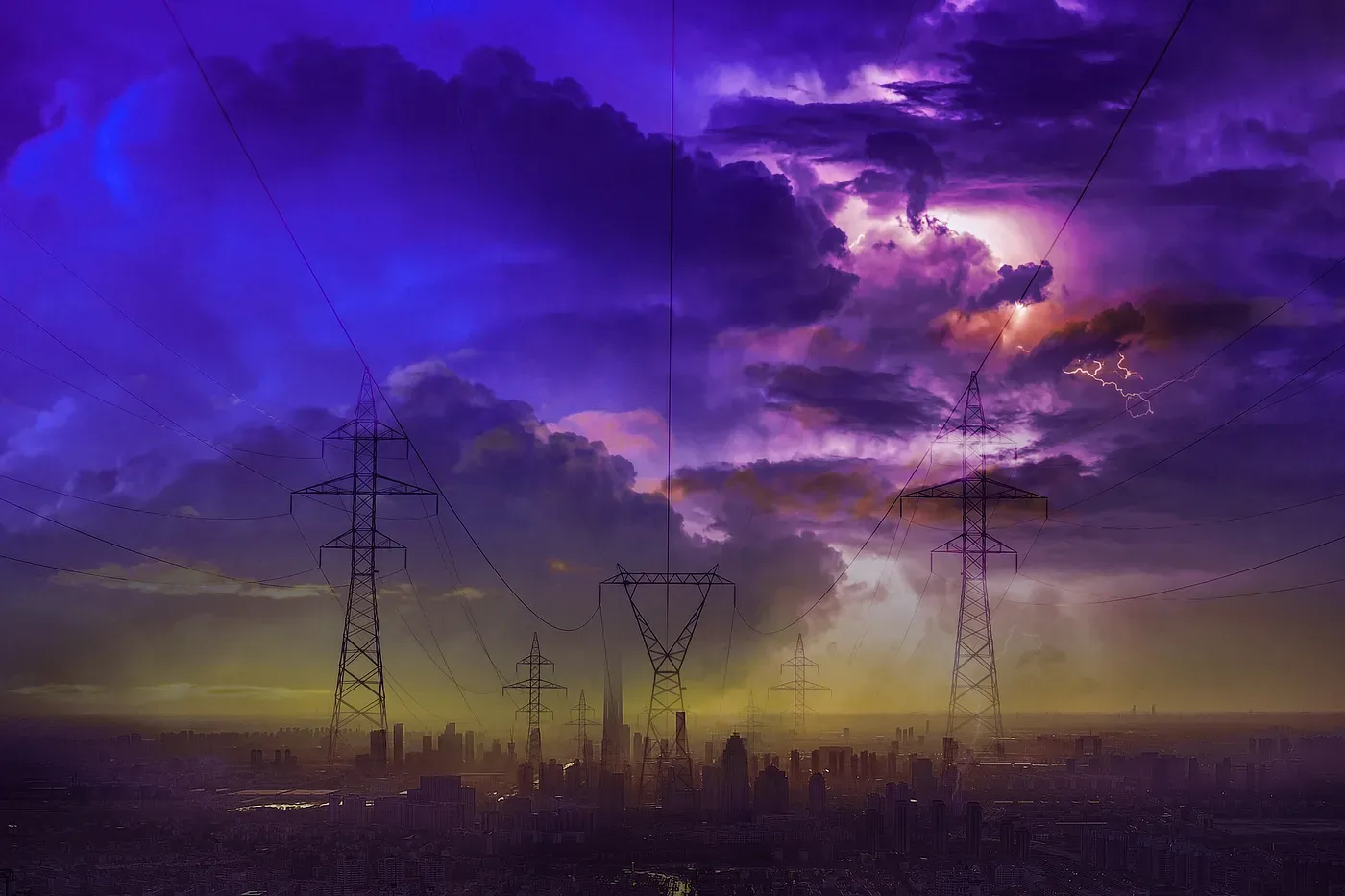With the ongoing Russia-Ukraine war, there has been a disruption in the energy supply — oil and natural gas, especially for the European Union (EU). Why?
Russia is the 2nd largest producer of oil, ahead of the countries like Saudi Arabia and Iraq. It also stands 2nd in natural gas production behind the United States.
An intercept from our previous blog:

There were heavy sanctions on Russia which included restrictions on the supply chain, currency exchanges and assets owned by the Russian government and its citizens due to the war by NATO. This makes things difficult politically and economically for all the parties interdependent on each other and is bound to suffer if necessary actions aren’t taken. So, what is Europe doing and how are they handling the energy crisis?
Most of the countries in Europe, in fact, 27 countries are part of something called the European Union. Famously known as Brexit, the UK is now not a part of the EU.
Each country on its own may be tough to survive but together as the EU, they boast a huge wealth in resources and economy with free trade prevailing amongst the nations in most scenarios. So, how is the EU handling this sudden disruption in the energy supply chain?
Let’s start with Germany-
Germany, Europe’s largest economy, has been reliant on Russia, importing half of its natural gas from the country in 2021. The vast German chemical industry which employs more than 300,000 people, uses natural gas as a raw material.
Germany, like all other European countries, depends on Russian energy resources to a significant extent. It got 15% of its gas supplies from Russia and was projected to increase it to 30% before the war. As per BAFA, it also got 34% of crude oil from Russia in 2021.
With sanctions, it was left to search for different resources. But replacing such a giant isn’t easy, is it?
Germany earlier had plans to shut down their nuclear plants by the end of 2022. Because of the fear of accidents and the effects they might lead to. But the Chancellor decided that they would run 3 plants during the winter in order to manage the shortage in energy.
Why you might ask? Germany as a country tends to consume more energy during the winter. Their energy usage was also increasing year on year. If you are regular to the news, you might have seen flashy headlines that said ‘Winter is coming for Europe’. They had to take drastic steps in order to address the crisis.

See, Energy is more intertangled into our society than we think it is. Energy enables industries to run, transport to happen, eases both personal and professional work, and most importantly, the Internet and blogs like these to run 24/7.
With the ongoing Russia-Ukraine war, the supply became constrained and the prices for traditional energy resources skyrocketed. So much so that the wholesale energy prices increased from 52 euros per Mwh (or INR 4.5/unit) in March 2021 to 470 (INR 41/unit) euros in Sept 2022. It was already on an increasing trend with global supply constraints due to COVID-19 and the war complicated things.
Germany also announced a 200bn Euro plan in order to address the crisis for measures from 2022 to 2024. One of the interesting measures is that the new arrangements did not affect the price formation process driven by supply and demand which is an incentive to save gas. Companies and households will continue to save the full market price when they reduce consumption by a unit of gas or electricity when compared to their previous consumptions. In this way, the price breaks also avoided the creation of additional demand for gas at the expense of consumers in other European countries
As per a report by FT, “Companies and households reacted swiftly to the sharp increases in energy prices. They installed more efficient heating or production facilities, switched to alternatives and imported intermediate products.”
And overall gas imports to Germany did not reduce totally though.

Also, to secure the energy system from possible gas and electricity shortages in the interim, several coal-fired power plants have been brought back to supplement the country’s power system and replace gas-fired units
As a result of high energy prices and industry transformation, there’s a possibility of de-industrialization and economic decline. Scholz, Germany’s chancellor, announced that by ramping up climate-friendly technologies and leaving fossil fuels behind, their government would launch “the biggest industrial modernisation project in more than 100 years.” This goal has been amplified by the urgency to use renewables to bring down energy prices and become more independent in supply.
The German government wants to double the country’s onshore wind capacity to 115 gigawatts (GW) by 2030, more than triple offshore wind capacity and add over 20 GW of solar PV installations annually to reach a total of 215 GW by the end of the decade.
Smaller countries like Poland, Finland and Slovakia were almost fully dependent on Russia for their natural gas because of their geographical proximity to its supply pipelines and were affected to a certain extent albeit measures were taken.
In the next part, we will discuss how the UK, France and other countries handled the energy crisis.

